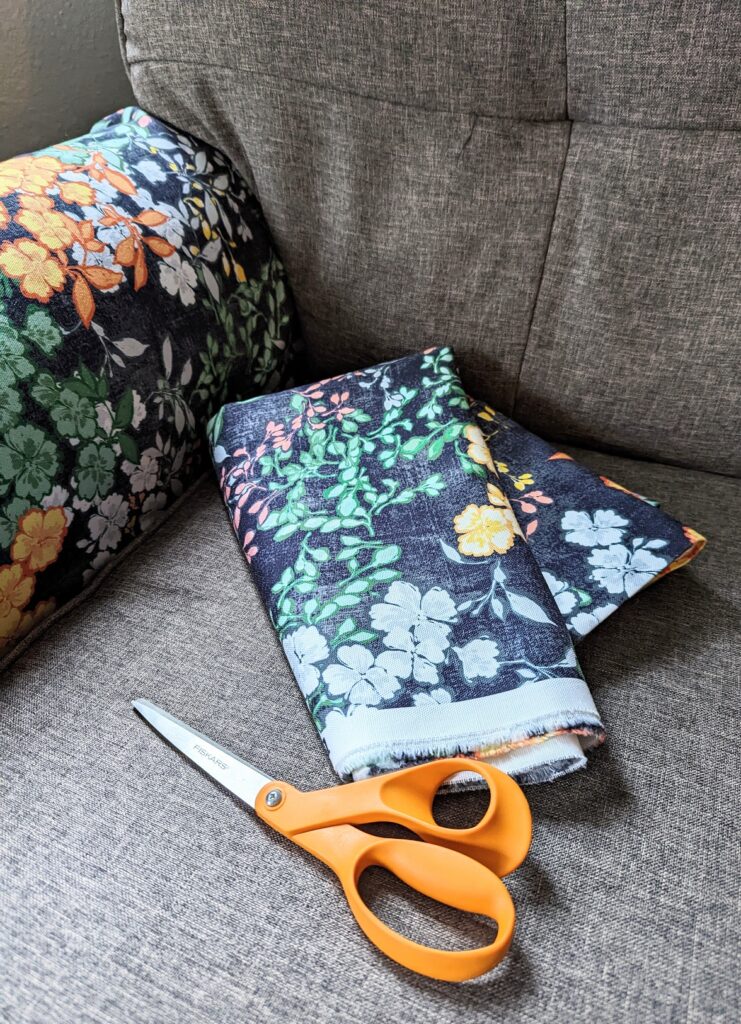
How about those holidays? Raise your hand if you’re glad they are over. Reminds me of a quote I ran across a couple years ago: Tradition is our ancestors’ way of controlling us. Then I think of all the traditions I’ve created that my kids will probably feel like they have to perpetuate – the Advent Calendar for one. What was I thinking?
Anyway, I’d gotten Will a nice shirt for Christmas. After opening it, he held it up and Jen and I both said, “Oh! A date shirt!” He didn’t respond. Never mentioned it at all until a couple nights ago. (Often our best chats happen in a text stream.) While he was out with friends, he sent me a text saying that he wasn’t ignoring our comment about it being a date shirt, but that he doesn’t want to disappoint me by not dating.
We back-and-forth texted for quite a while. At one point I told him that I didn’t care if he dated or not but that I wanted him to be happy. If dating is part of what makes him happy, then I’d be thrilled for him. More importantly, I’m not disappointed either way! He explained that he’s still hesitant after his last attempt – 3 years ago. (I wonder where he gets it.)
Then I texted something about how trust is certainly an issue, but that I really think the bigger issue is trusting yourself. “Trust yourself to not get in too deep with a wrong person. If you can trust yourself, you can navigate anything. By now you’ve certainly learned that you can recuperate from a broken heart.”
I reminded Will (myself?) that all “the experts” say that the real learning happens within a relationship. (Excuse me?! Have I not been learning a ton about how to be a happy, functioning, fulfilled, capable single person? How many of these so-called experts are in happy, committed relationships?)
I talk a big game.
I sound pretty optimistic for someone who is still hesitant to get out there after not having tried for almost 7 years.
I laugh at myself for developing this side story with Hank. Where do I think this could go, knowing all my reservations and my lack of trust? Still, my inner optimist wants to think there could be someone out there, even if he’s fictitious and I’m the one who made him up! Hell, maybe that’s the best kind of partner. He’d be there when I need him, but there wouldn’t be any of the messy stuff like schedule conflicts, lack of alone time or having to sleep together. Ick. Hank is the guy to go out to dinner with, have the deep conversations with, go for walks with and catch a movie with. He’s also the guy who doesn’t get bent out of shape if I don’t want him to spend the night, or move in, or co-mingle bank accounts. He’s a travel partner and ski partner who is like-minded when it comes to politics and open-minded about philosophy, reading and art.
Yeah. He’s definitely a unicorn, but he’s my unicorn.
But, wait?! Aren’t I also describing a best girlfriend? Wouldn’t she check all the boxes?
As I write this, I realize that there’s this tiny part of me that still wants to be attracted to – and attractive to – a guy. Is it my age (mortality?) telling me I’m running out of time? Is this a Crone’s Relationship Biological Clock? Hell, no! The little I’ve read about Crones tells me they wouldn’t give a shit about whether they are attractive to anyone. They are too busy inhabiting their skin and being glorious in their own Crone-y way to worry about whether a relationship would fulfill them or not!
Unicorn Hank isn’t going to expect me to pick up his socks, cook his dinner (and complain about the food), demand back rubs and be too busy to go to a movie with me. But history tells me (at least my history) that an IRL Hank comes with expectations. Thoughts of those expectations start the stress and the physical manifestations of that stress. That’s when I know I can’t really be an optimist, that I do have trust issues (even with myself), and that relationships are fine for other people, and I’m fine NOT being in one.
When Will asks me why I don’t take my own advice and trust myself, or why I don’t get back out there and try again, I’ll explain that I’m really busy with projects. I’ve got to finish recovering the couch because Pansy “loved” it up too much. (Clearly, I’m an optimist if I’m taking the time to recover the couch without attempting to discourage Pansy’s fondness for scratching.) Oh, and I’ve got to get the shelves up in the new bathroom. I’m sure Jen will be coming home soon, so I better plan menus and bake her favorite things. I should really get some seeds ordered and figure out what I’ll be planting where, come May. I’ve got some blog housekeeping to do, and I’m still ruminating on that novel I pretend to be writing. Doesn’t the popcorn on the ceiling in the hallway need to come down? There’s always work and meetings and classes.
Oh! I have to finish those slacks I found at Goodwill. I let the hem out and now there’s a faded line where the old hem used to be. I found a Prismacolor – Light Umber. It’s a close match. (Luckily, Jen didn’t take all her art supplies with her.) After applying the Light Umber, I’ll sketch over top a bit with a black Sharpie to blend it and … Who am I kidding? I don’t let anyone close enough to see a faded hemline on my slacks.
Anyway, I’m entirely too busy. Besides, why would I want to mess up this good thing I’ve got going.
p.s. Will says the couch looks like the 70s – in a good way. Pansy won’t go near it. Yet.




